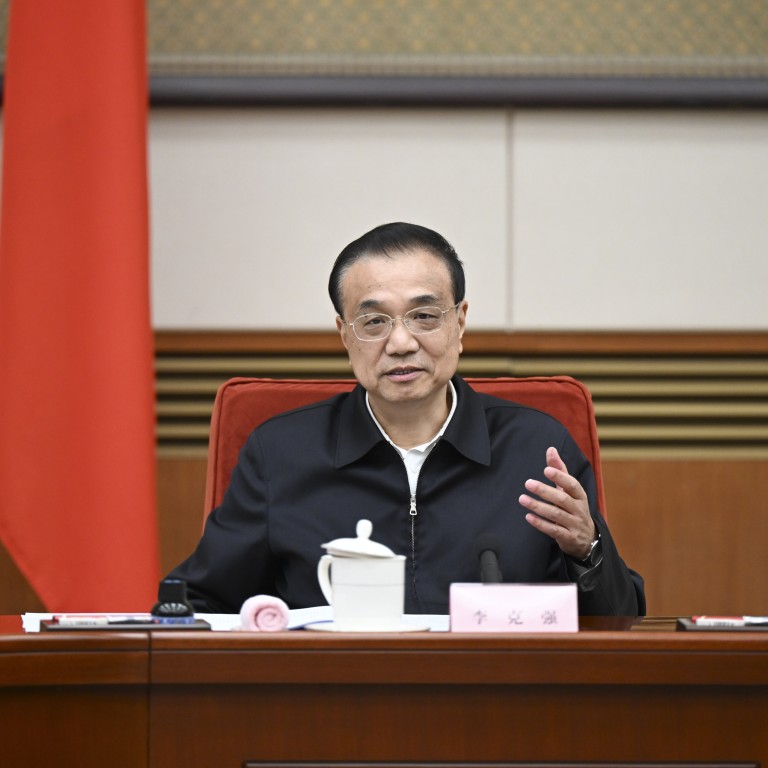
China vows greater support for start-ups, small firms as Big Tech firms continue to reel from year-long crackdown
- Beijing has pledged support for small and medium-sized companies in its pursuit of hi-tech innovation, including tax cuts
- SMEs account for 60 per cent of GDP and 80 per cent of urban employment, according to government statistics
The Chinese government is increasingly relying on small technology firms to drive future innovation as regulators keep up pressure on the country’s Big Tech companies.
The government plans to give more support to “micro, small, and medium-sized technology enterprises” to encourage scientific innovation in the country, Premier Li Keqiang said on Friday, according to a report from state-owned Xinhua News Agency on Sunday.
In addition to offering backing to research institutions, colleges and large companies, the government will support tech start-ups to “let researchers better innovate” and make it easier to apply their achievements, Li said at a meeting with representatives from various sectors, including science, education, culture and sports, to solicit opinions on a government work report.
China tech funding hits record high, boosted by chips, health care
The report, which is expected to be endorsed by the National People’s Congress in March, offers new policy guidelines for 2022 and beyond.
Li added that the government will help small and medium-sized enterprises (SMEs), along with individual entrepreneurs, using policies such as cuts in taxes and administrative fees, because such businesses are an important source of employment in the economy.
The call comes as Beijing’s efforts to rein in Big Tech last year have moved into 2022, with increased government scrutiny of monopolies, data security, offshore initial public offerings, and practices affecting consumer and worker rights. Last year, Chinese President Xi Jinping made “common prosperity” a key policy goal, which aims for a broader distribution of wealth.
Smaller firms are also key players in China’s technology sector. There were more than 200,000 technology SMEs in China in 2020, according to the Research Centre for Small and Medium-Sized Enterprises at Renmin University. The hi-tech manufacturing sector also grew 7.1 per cent that year, according to the National Bureau of Statistics.

